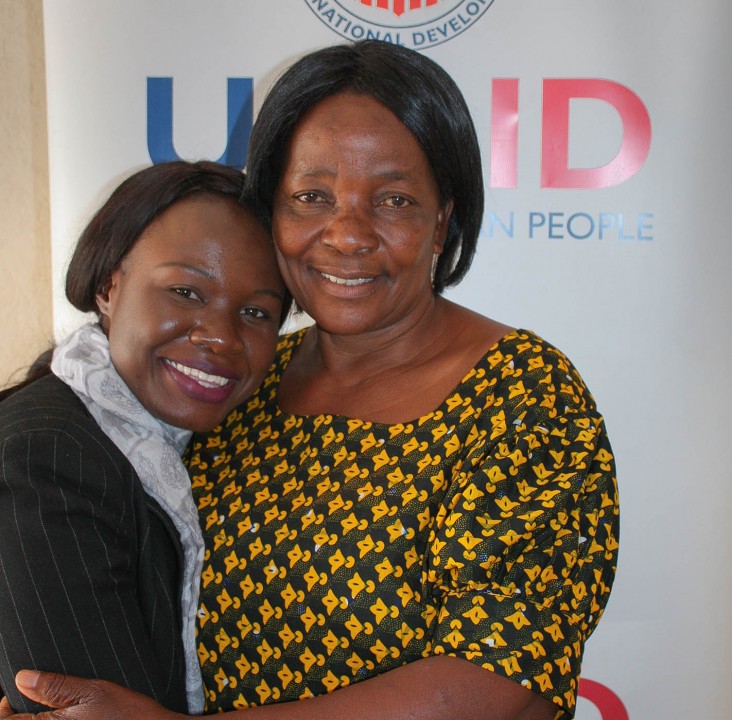
August 2017—In Zambia, women hold a small minority of official leadership positions. While many desire to occupy leadership roles within their communities, workplaces, and on the national stage, they collectively do not have the skills and opportunities to ascend to these positions in significant numbers.
More than 50 politically active women gathered this spring for a Women’s Mentorship Retreat to chart a strategy for increasing female political participation over the next four years before Zambia’s 2020 general elections. The May 12-13 retreat was part of USAID’s Count-Me-In program, which, in collaboration with the Zambian Government and the Zambian National Women’s Lobby, provided political and leadership skills to aspiring candidates in six targeted districts.
Launched in October 2015, the USAID program, also referred to as the Zambia Women’s Political Leadership activity, reached its goal of increasing women’s participation in elected office by working in a holistic approach with both politically engaged women and their communities.
Kyapalushi Kapatamoyo, 32, was one of 180 women who participated in the two-year program, which provided mentorship programs, skills-building workshops, and direct engagement with local government officials and traditional leaders.
In Zambia’s 2016 general elections, Kapatamoyo became the first female and youngest ward counselor in more than 10 years within her district of Tumvwanganai, Solwezi, in Zambia’s North-Western province.
“I am the counselor for the largest ward, with a population of more than 45,000 people. My role is to represent and meet the needs of the people—attending to and listening to people’s problems, ranging from market issues to home issues,” said Kapatamoyo. “As ward counselor, I want to raise up the pool of women who can take up the positions of counselors, and hopefully, I am able to motivate them.”
Under the mentorship component of the program, the Women’s Lobby connected 120 women and men in mentor/mentee relationships—60 women mentees, 40 women mentors, and 20 men mentors—in which experienced politicians served as coaches to aspiring women candidates and helped them chart their political careers.
Kapatamoyo credits the mentorship program for her success in the elections, particularly, being mentored by one of Zambia’s women leaders, Jessie Liswaniso.
“When I found out [my mentor] was her, I was really encouraged,” said Kapatamoyo. “She [Liswaniso] was always waiting for me, always patient with me, always provoking me to think even before she asked me a question, and I think that has really helped me.”
In the 2016 elections, 132 women were elected at the council level, compared to 85 in 2011. At the parliamentary level, 26 women were elected in 2016, up from just 17 in 2011. The country also saw the election of its first female vice president, Inonge Wina, making her the highest-ranking woman to ever hold elected office in Zambia’s history.
Among its other achievements, the USAID project has educated over 6,000 community members on the value of women’s political participation, strengthened the women’s wings of eight Zambian political parties, and established a “community of champions” for women’s political participation among 60 traditional and community leaders.
LINKS
Follow @USAIDZambia, on Facebook, on Flickr, on YouTube







Comment
Make a general inquiry or suggest an improvement.